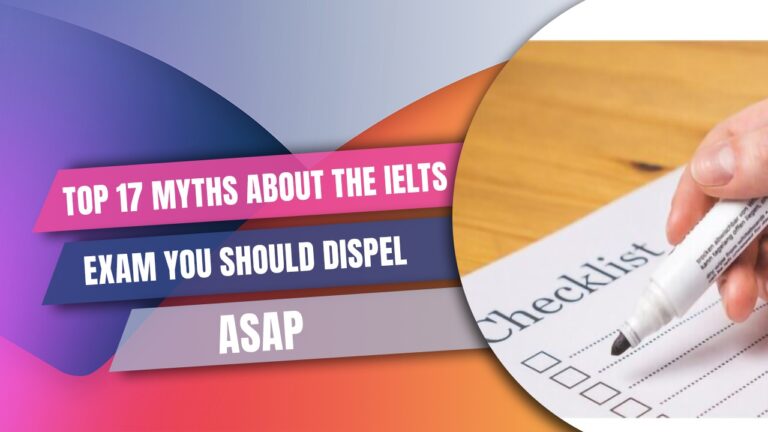
Study Abroad
Best UK Scholarships for Indian Students and How to Apply Them
The United Kingdom is one of the most popular places for Indian students seeking higher education overseas. Aside from being home to some of the


The United Kingdom is one of the most popular places for Indian students seeking higher education overseas. Aside from being home to some of the

Scholarships and fellowships are frequently used to bring hope to bright individuals who are unable to pursue further education owing to financial restrictions. Various

The IELTS scholarship was established to promote the worldwide exchange of information and ideas, and its primary goal is to support Indian students who wish

